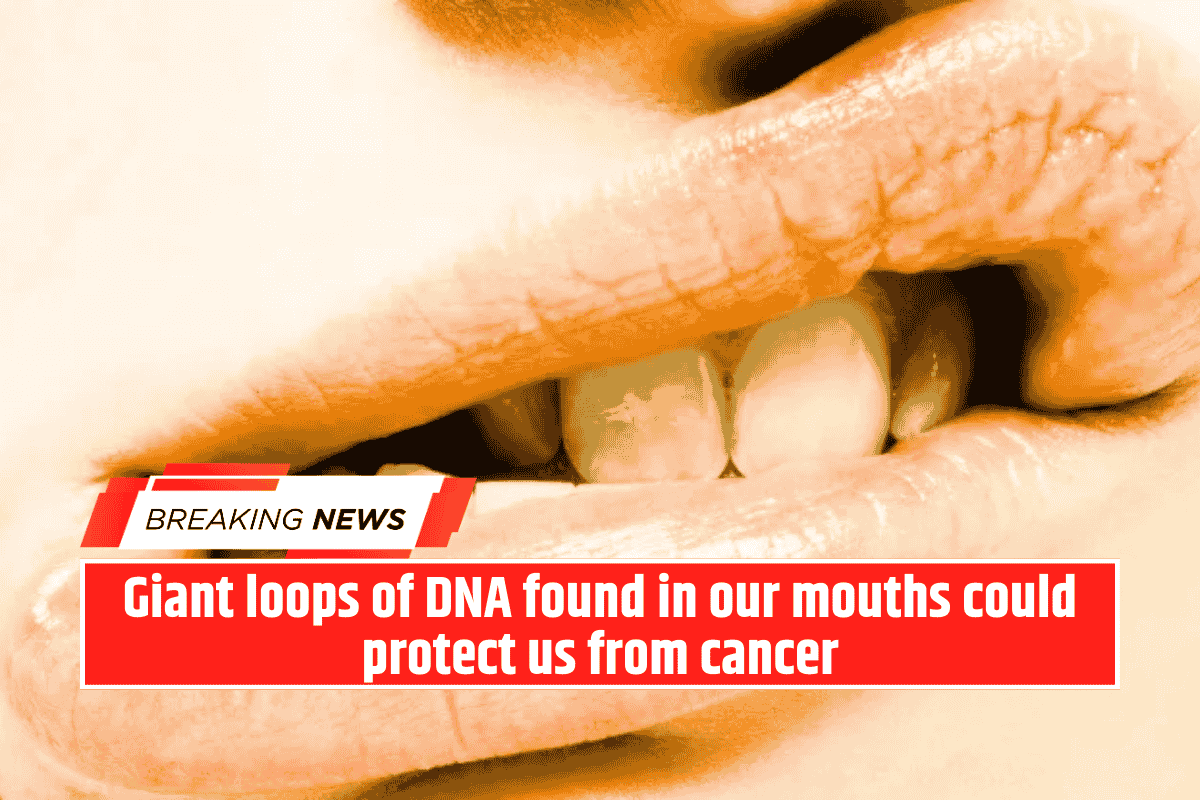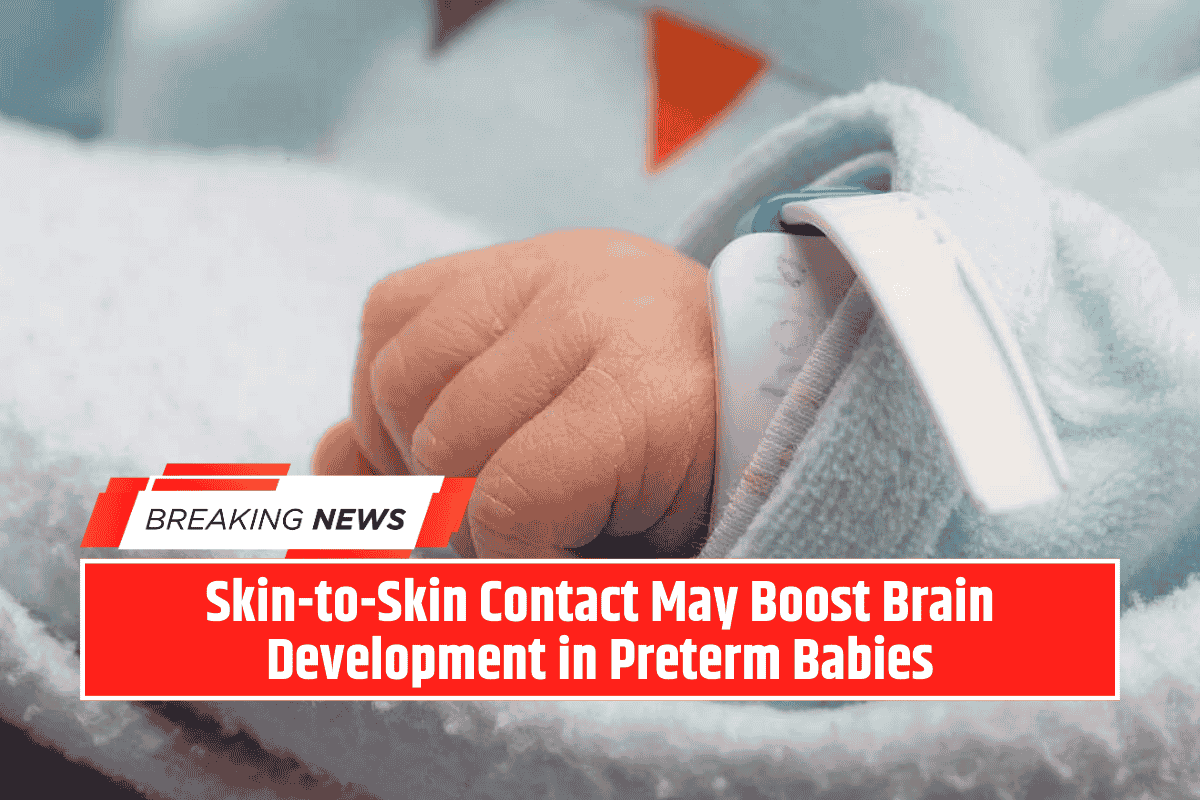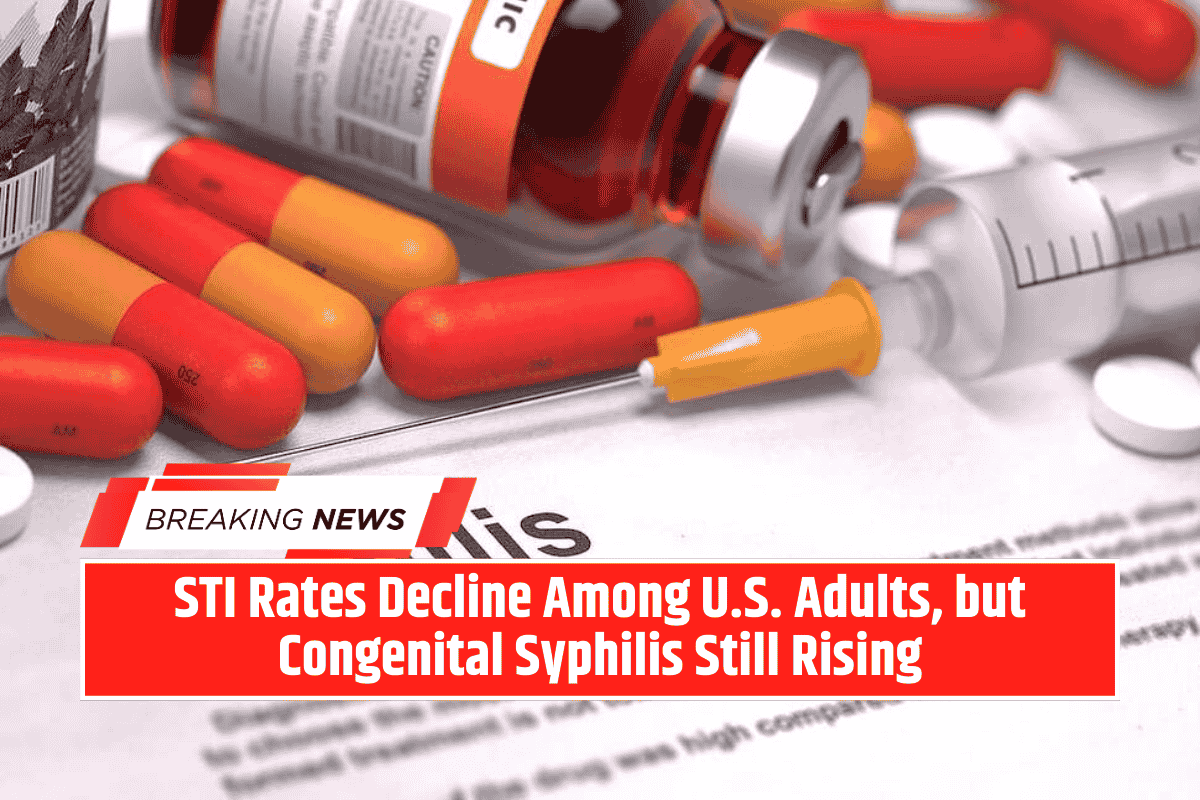Scientists have discovered something surprising hiding in our saliva — giant loops of DNA, known as Inocles, that may help protect our oral health and even reduce the risk of certain cancers.
Found in common mouth bacteria, these DNA elements could play a much bigger role in our immune system than previously known.
What Are Inocles and Why Are They Important?
Inocles are large extrachromosomal DNA loops — meaning they exist outside the main bacterial DNA — and they were discovered in Streptococcus bacteria, which are common in the human mouth. These loops function like extra tools that help bacteria survive in tough conditions like stress or damage.
Unlike regular plasmids (which are also extra DNA pieces found in bacteria), Inocles are huge in comparison. While most plasmids are only a few thousand DNA “letters” long, Inocles average about 350,000 base pairs, making them some of the largest genetic elements ever found in the human microbiome.
These loops contain genes for fighting stress, repairing DNA, and even strengthening the bacteria’s cell walls — all helpful in surviving the harsh environment of the human mouth.
How Were Inocles Discovered?
The discovery came from a team of scientists at the University of Tokyo, who studied saliva samples from 56 volunteers and later expanded the testing to 476 samples.
They found that about 75% of people carry these genetic loops in their mouths — meaning they are quite common, yet previously undetected.
Why weren’t they discovered earlier? Mainly because of their size. Traditional DNA sequencing methods usually break DNA into small bits to study them more easily. This process made it difficult to piece together large DNA structures like Inocles.
To solve this, the researchers created a special method called preNuc. It removes human DNA from saliva samples, helping scientists focus only on the bacterial DNA — like finding the right puzzle pieces in a huge box.
Do Inocles Protect Against Cancer?
Here’s where it gets really interesting. The researchers found that people who have head and neck cancers had fewer Inocles in their mouths. This raises the question — could these DNA loops actually help prevent cancer?
While it’s too early to say for sure, the results are promising. Scientists are now investigating whether:
- Inocles actively protect against cancer
- Cancer or other factors reduce the number of Inocles
- The genes within Inocles have other immune-boosting effects
Either way, this discovery opens a new window into how bacteria and human health are connected in ways we’re only beginning to understand.
What’s Next for Inocles Research?
Researchers now want to explore:
- How Inocles function in the mouth
- Whether they spread between people
- If they can be used to improve oral health or immunity
According to microbiologist Yuya Kiguchi, it’s like discovering a book full of footnotes we didn’t know existed. These extra DNA loops might contain the key to better understanding the complex relationship between bacteria and human health.
The discovery of Inocles is a major breakthrough in oral microbiology. These giant DNA loops, hidden in mouth bacteria, could play a crucial role in boosting immunity and possibly protecting against cancer.
As scientists dig deeper, they may unlock new ways to strengthen oral health and understand how our bodies work with – not just against – bacteria.









